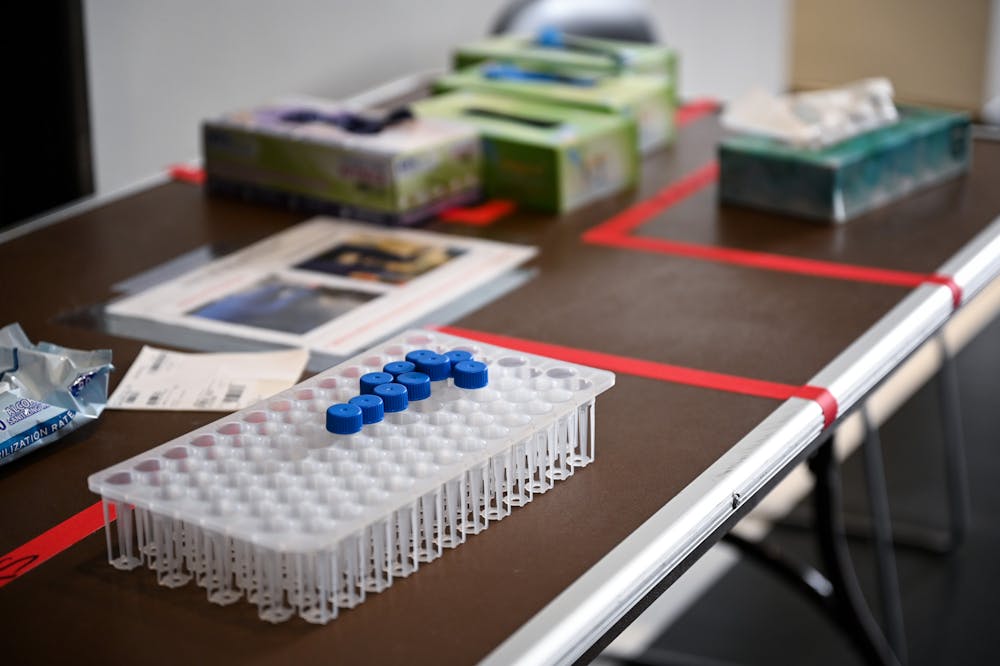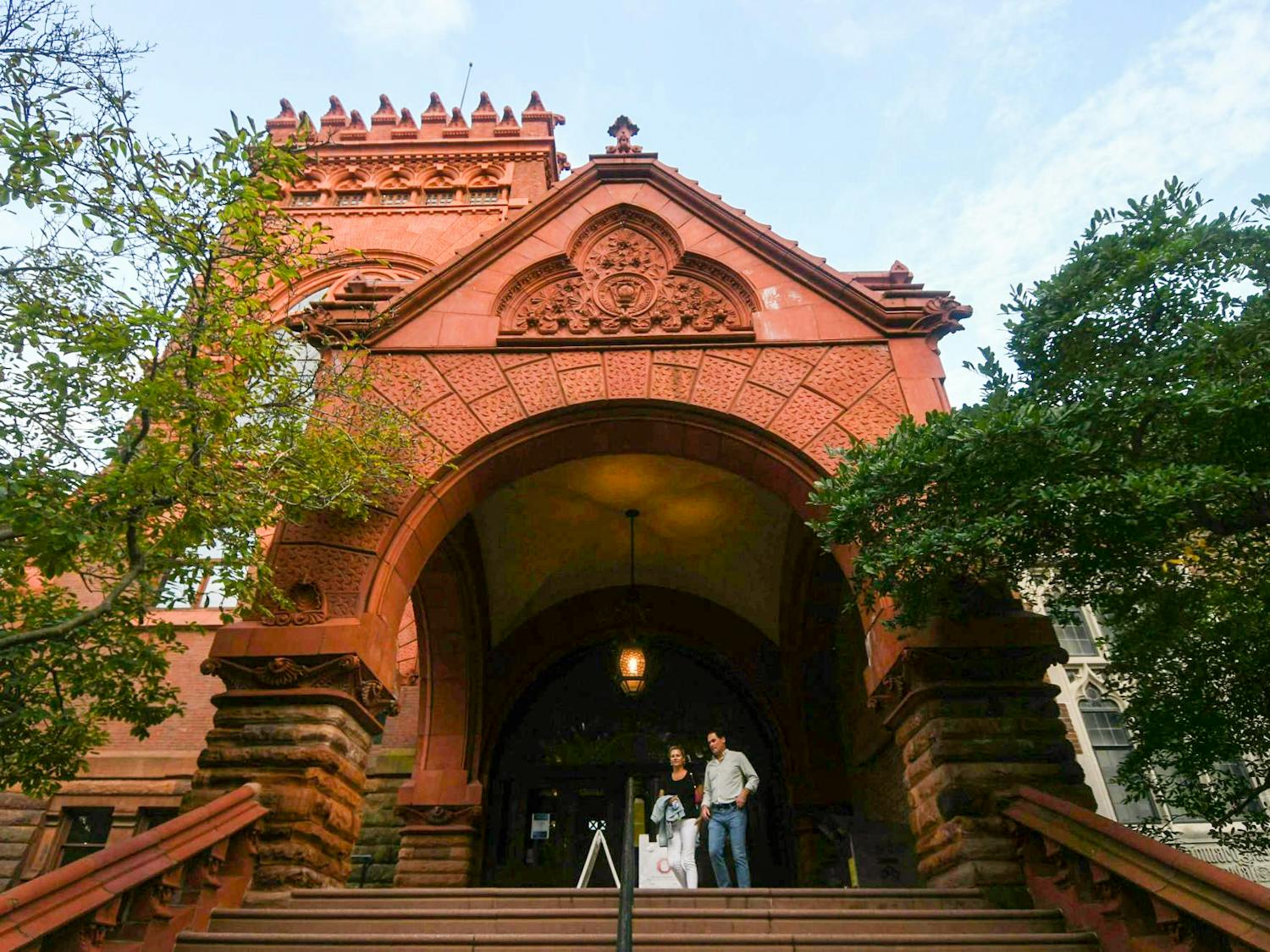A team of Penn engineers are working to create COVID-19 tests that are faster, less costly, and more environmentally friendly.
César de la Fuente, Presidential Assistant Professor in bioengineering, microbiology, and psychiatry, is leading the development of the new COVID-19 test. It improves on the high cost and material waste associated with current tests, according to Penn Engineering Today.
Polymerase chain reaction tests, which were widely used during the COVID-19 pandemic, have several drawbacks. The technique requires expensive materials and specialized labor, often taking up to a day or more to receive results. The millions of PCR test kits shipped during the pandemic also generated substantial amounts of plastic and chemical waste.
Since the start of the pandemic, the de la Fuente lab has been working on creating a rapid, low-cost test from biodegradable materials. In June, the team published a paper introducing a new type of COVID-19 test based on bacterial cellulose, an organic compound often used for wound care and skin regeneration.
The test accurately identified several COVID-19 variants in under ten minutes in clinical trials. Tests are priced at around $3.50 per unit, and the biodegradable cellulose fibers offer an alternative to current diagnostic testing.
“When we create new technology, we have a responsibility to think through the consequences for the planet and to find ways to mitigate the environmental impact," de la Fuente told Engineering Today.
In the paper, the researchers noted that reliable, adaptable tests will play an important role in detecting new COVID-19 variants.
“We will be continuing to perfect this technology, which could hopefully help many people in the future, while also looking to expand it to other emerging pathogens in anticipation of future pandemics,” de la Fuente said.
RELATED:
Penn neurosurgeon awarded $5.4 million by White House to advance brain cancer research
Wellness at Penn, MERT call FDA approval of over-the-counter Narcan 'a positive step'
Students have reported an increase in COVID-19 cases since returning to campus, with some students expressing concern over testing availability. Penn permanently closed its on-campus COVID-19 testing site in May. It also suspended the Penn Cares program, which centralized the University’s resources for screening testing, exposure reporting, and contact tracing for members of the Penn community.
Rebecca Huxta, the director of public health at Wellness at Penn, wrote to The Daily Pennsylvanian that her team is continuing to respond to COVID-19 developments. She added that Wellness at Penn is working to provide all thirteen college houses with rapid COVID-19 tests.
Students can still pick up at-home tests at the Student Health and Counseling’s Medical Care office, according to the COVID-19 FAQ page on the Wellness at Penn website.









